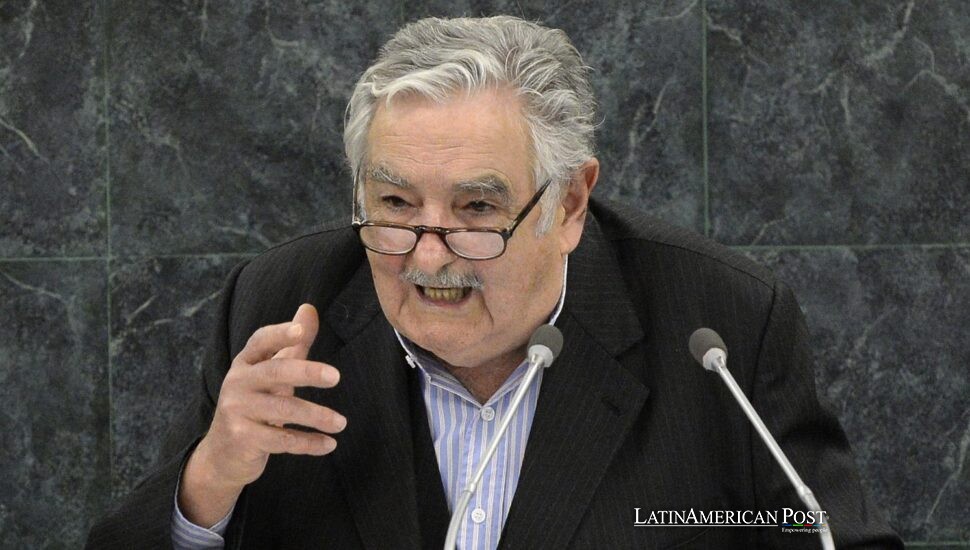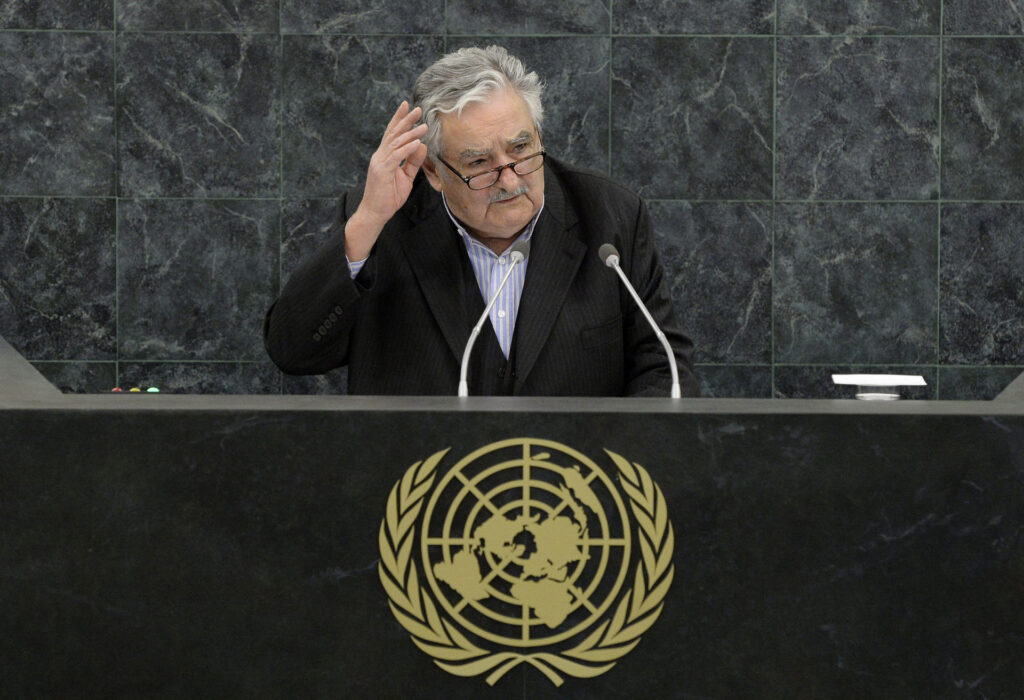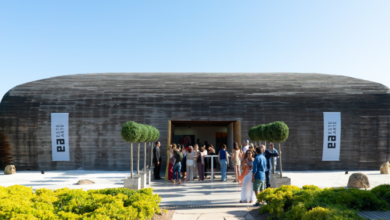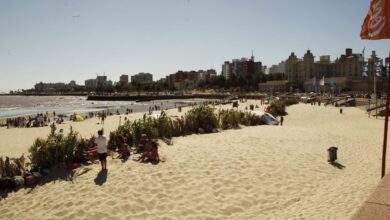Uruguayan Appeal to Save Life Becomes Today’s Governing Test 12 Years Later

Twelve years after José “Pepe” Mujica’s UN broadside against market idolatry and corrosive individualism, New York honors the Uruguayan farmer-statesman. The tribute matters less as nostalgia and more as instruction: how to value life, integrate regions, and govern with humility.
The Day a Uruguayan Farmer Rewired the UN’s Frequency
On September 24, 2013, the General Assembly floor was heavy with geopolitics—Syria’s war, Iran’s nuclear program, espionage recriminations. Into that churn walked a man who had refused palace comforts to keep tending a modest chacra. José “Pepe” Mujica shuffled his papers, slipped on his glasses, and began with five disarming words: “Soy del sur, vengo del sur.”
He sketched Uruguay as “esquina del Atlántico y el Plata,” a gentle penillanura of ports, hides, and wool that once wielded lances but then chose a different vanguard—”diría, la socialdemocracia se inventó en el Uruguay,” he said, a line that landed like both memory and dare, as reported by EFE. It was not grandiloquence; it was context. He insisted his voice carried the weight of “millones de compatriotas pobres” across Latin America’s barrios, páramos, and selvas. He spoke less as a president than as a neighbor.
That framing—south first, people first—refracted everything that followed. While other leaders parsed ballistic ranges and centrifuge counts, Mujica insisted the crisis beneath all crises was spiritual and civilizational. He was not dismissing security; he was reordering the threats.
Against the “Market God,” For the Primacy of Life
Mujica’s core claim has aged with unsettling accuracy: humanity displaced “los viejos dioses inmateriales” and enthroned “el dios mercado,” promising waste as destiny. The ecological and social bill has since come due. He did not sermonize about austerity; he asked for sanity. “Piensen que la vida humana es un milagro… nada vale más que la vida,” he urged, closing with a plea to “salvar la vida,” as EFE recorded. In 2013, that sounded like an ethic. In 2025, it reads like a survival guide.
What did “save life” mean in Mujica’s register? It meant politics braided with science rather than spin; economies organized around sufficiency instead of compulsive excess; time reclaimed from consumer frenzy and returned to affection, craft, and community. It meant climate policy, public health, and labor dignity are not afterthoughts—they are the main plot.
For a leader who legalized cannabis, recognized same-sex marriage, and expanded social protections, the line between rhetoric and governance was short. He wanted societies resilient enough to say “enough” to the false urgency of having more and brave enough to pursue the more complex work of being better.
Integration as Realism, Simplicity as Power
Mujica’s “south” was never a grievance brand. It was a geography of cooperation. His widow, Lucía Topolansky, and Uruguay’s foreign minister, Mario Lubetkin, have described how he disliked the narrow label “latinoamericanos” and preferred the more encompassing “amazónicos.” He didn’t just support regionalism; he imagined a flag and anthem—symbols of shared stewardship rather than uniformity—because symbols, rightly chosen, can make cooperation feel as natural as weather.
That sense of “patria común,” which he invoked at the UN, was not a posture. It was the policy architecture behind a lifetime of integration work—pragmatic, sometimes plodding, always oriented toward lowering the temperature in a hot-blooded neighborhood—credit EFE for capturing those testimonies and the long arc of his argument.
Critically, Mujica married that integrationist vision to a style that made hard things legible. Lubetkin told EFE that the speech resonated because it made “temas complejos” feel simple without being simplistic. Raquel Pannone, his physician, remembered that the ovation “superó a otras,” a spontaneous human confirmation that clarity can cut through protocol. That is the other lesson of Mujica-ism: in an age of maximalist branding, understatement is a superpower. The more spectacular the world becomes, the more authority accrues to leaders who explain it quietly.

Why the New York Homage Matters Now
Honors can become a form of preservation if they freeze a figure in amber. This week’s tribute at New York University—gestated, EFE reported, in a meeting where Spain’s Pedro Sánchez, Chile’s Gabriel Boric, Colombia’s Gustavo Petro, Brazil’s Luiz Inácio Lula da Silva, and Uruguay’s Yamandú Orsi invoked the 2013 address—won’t matter if it is applause only. It will matter if it becomes a workshop.
Take Mujica’s warning about the “market god.” Translate it to today: AI arms races that prize compute over consequence; water-stressed cities hosting water-hungry data centers; food systems built to waste; an attention economy optimized for agitation; climate finance that cushions frontier investors while skipping frontier farmers. “Salvar la vida” obliges leaders to flip those logics—to treat planetary boundaries and human dignity as the first input to every decision, not the last paragraph in a press release.
Consider his insistence on integration. Latin America’s renaissance will not be measured by podium thunder but by transmission lines that trade clean electrons, cross-border rail that moves goods at human speeds, public-health compacts that halt the next pathogen before it spreads, and research networks that lift regional science from subcontractor to protagonist. Flags and anthems can inspire. Grids, fiber, and trust agreements will endure.
Also Read: Why September 19 Keeps Shaking Mexico City—and What Must Change
Finally, emulate his grammar of humility. Mujica never pretended to be flawless. “Los errores fueron hijos de su tiempo,” he said of his youthful militancy, owning history instead of airbrushing it. That kind of candor is rare and invaluable. It breeds legitimacy, and in polarized democracies, legitimacy is a renewable resource we’re burning too fast. Leaders who speak plainly about trade-offs, admit to missteps, and live, even when power invites them to live large, can restore some of what algorithms have taken.





